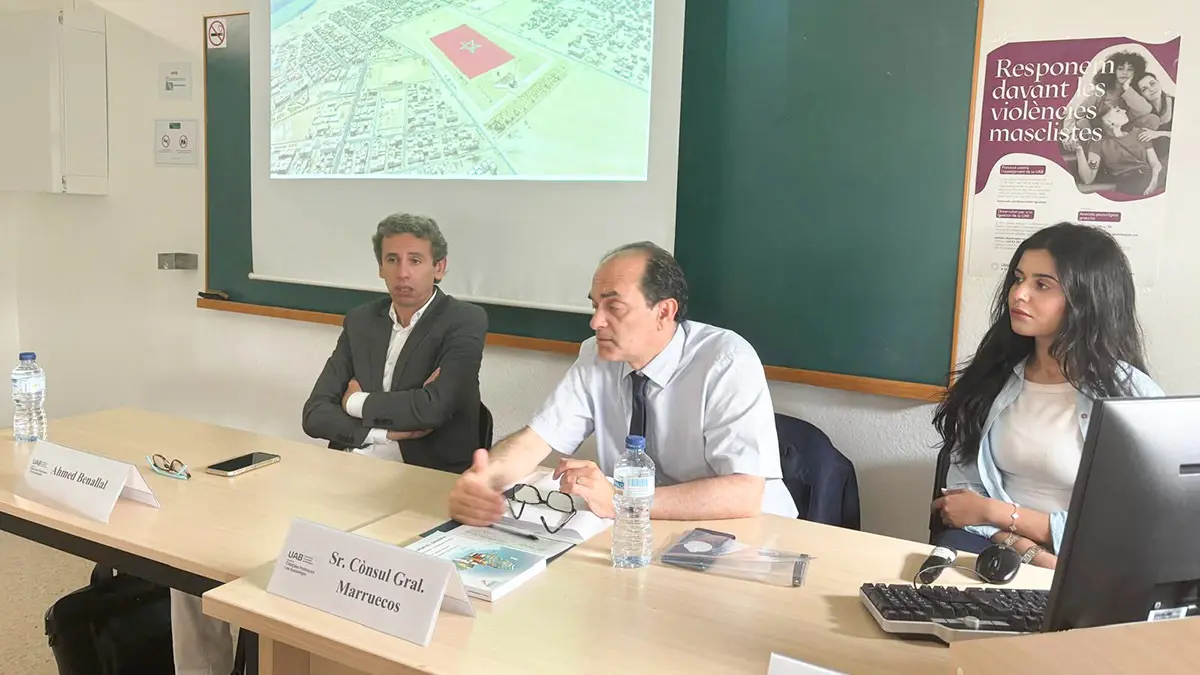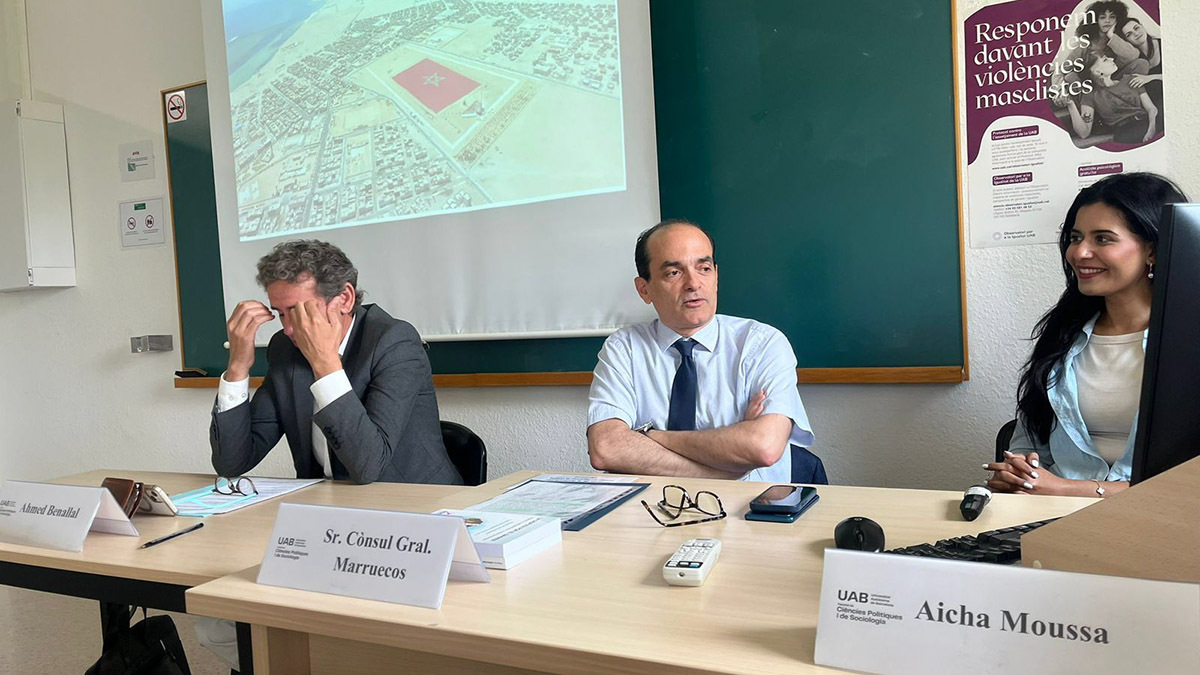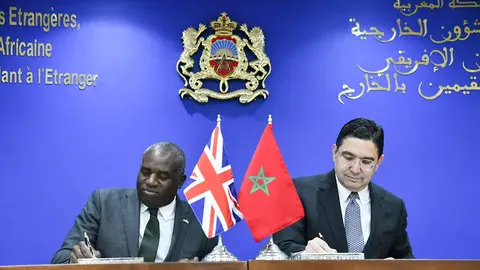Morocco promotes academic debate in Barcelona on its Autonomy Plan for Western Sahara

In a geopolitical context marked by the search for lasting solutions to the Western Sahara conflict, Morocco has reinforced its parallel diplomacy strategy through initiatives aimed at European university forums. On Thursday, Barcelona hosted a round table that brought together diplomats, parliamentarians, academic experts and students, both Moroccan and foreign, to discuss the Autonomy Plan proposed by Morocco as a solution to the Sahara conflict.
The event was organised by the Moroccan Youth Council for Diplomacy and International Relations, in collaboration with the University of Barcelona and the Consulate General of Morocco in the Catalan city. This initiative is part of a broader effort by the Kingdom to involve civil society, the diaspora and academia in the defence of its national causes, with a special emphasis on the Saharan issue.

During his speech, the Moroccan Consul General in Barcelona, Charif Cherkaoui, stressed that the Sahara is the main focus of the country's foreign policy. He also highlighted the notable increase in international support for the Moroccan plan, which he said reflects its credibility and realism. Cherkaoui emphasised the role of youth and civil society in strengthening Morocco's image and projection abroad.
For his part, Moataz Kabri, president of the Moroccan Youth Council, praised the commitment of young Moroccans in the diaspora to the country's interests, while the vice-president of the organisation, Aïcha Moussa, urged the use of European academic spaces as platforms to promote rigorous and objective analysis of the Western Sahara conflict.

The political advisor in Catalonia, Ahmed Benalla, also spoke to reaffirm the legitimacy of the Autonomy Plan, which he described as a serious, credible initiative in line with international efforts to achieve a negotiated and lasting political solution, within the framework of respect for Morocco's sovereignty.
The participants agreed that such meetings strengthen Morocco's public diplomacy, promote academic understanding of the conflict and reinforce the country's intellectual and cultural presence abroad.

A proposal with broad international support
The Autonomy Plan proposed by Morocco in 2007 to the United Nations sets out a political solution based on granting advanced autonomy to the Western Sahara region under Moroccan sovereignty. The proposal provides for the Sahrawi people to manage their own affairs through local legislative, executive and judicial bodies with broad powers, while the Moroccan state would retain sovereign prerogatives in defence, foreign relations and religion.
This approach has been welcomed by numerous countries, including the United States, Germany, France, Israel, Spain and the United Arab Emirates, which consider it a ‘serious and credible’ basis for resolving a conflict that has lasted more than four decades.

Support for the proposal has also been reflected in the growing number of consulates opened by African, Arab and Latin American countries in the cities of Dakhla and Laayoune in Western Sahara, representing tacit recognition of Moroccan sovereignty over the region.
In addition, the UN Security Council has commended Morocco's serious and credible efforts in several recent resolutions, in which it has urged the parties to move towards a realistic, pragmatic and sustainable political solution.

The holding of such forums in European universities, such as the one organised in Barcelona, reflects Morocco's renewed strategy to engage youth, the diaspora and academic circles in the international promotion of its vision for Western Sahara.










